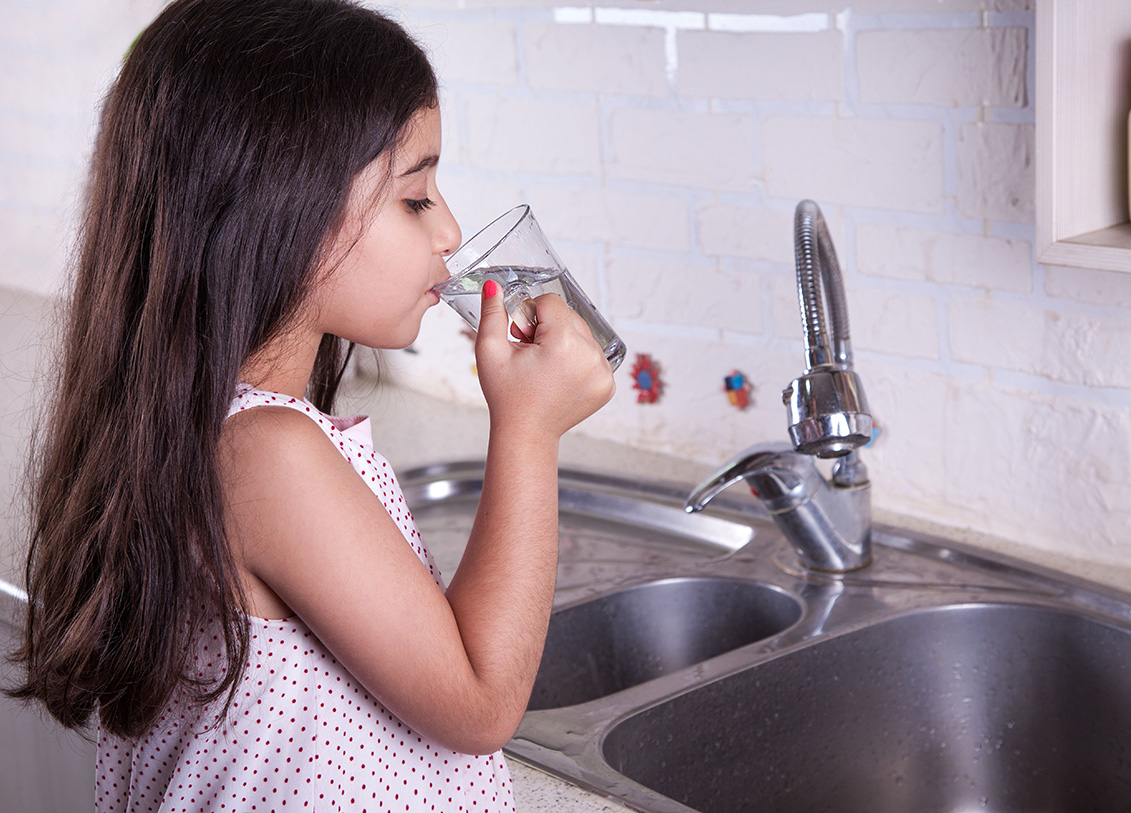Preventing Lead in Your School's Drinking Water
According to the U.S. Environmental Protection Agency (EPA), lead is a toxic material known to be harmful to human health if ingested or inhaled. Due to the nature of school operations, faucets, fixtures, and water fountains are typically not used during weekends, summer breaks, and holidays. During this time of inactivity, lead may build up in the drinking water as the stagnant tap water can corrode plumbing materials which may contain lead; when the tap is turned on again children could potentially be exposed to lead in their drinking water.
Children are considered high risk to the adverse effects associated with lead exposure; these effects could include damage to cognitive and nervous system functioning, learning and behavior issues, slowed growth development and more. A few simple actions can be implemented to greatly reduce the risk of lead exposure in our schools. Learn more on this website through our videos, factsheets, and request education material.




